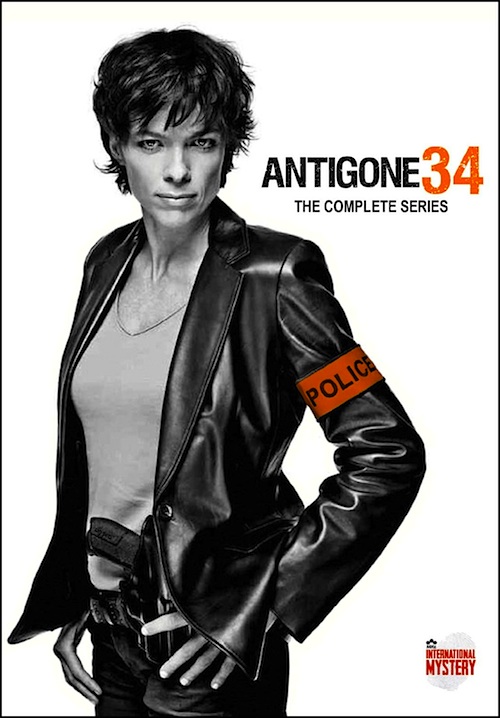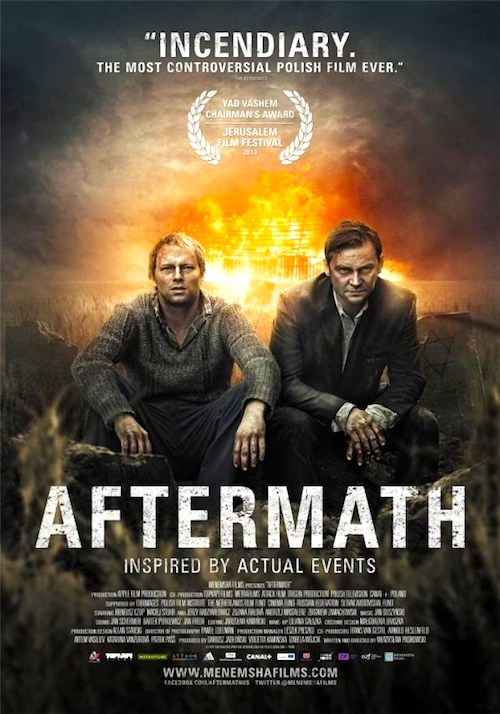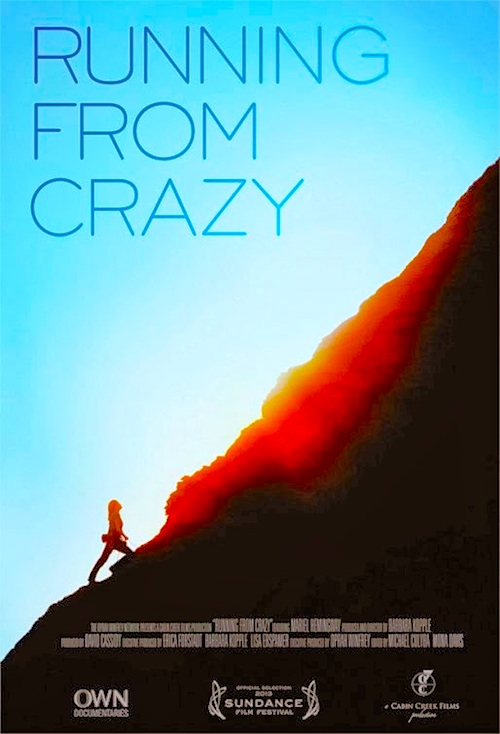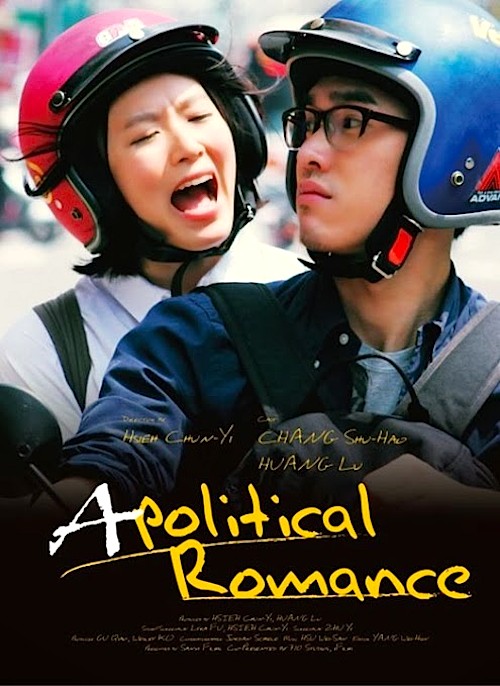By Joe Bendel. It was known as Hollywood Taiwan and it sure was fun while it lasted. From the mid 1950’s to early 1970’s Taipei’s Beitou District was home to a scrappy Taiwanese Hokkien dialect film industry, until the big Mandarin change-over was mandated from above. The Beitou Roger Cormans cooked up about a thousand films give or take, but only two hundred have been properly preserved for posterity. The golden age of Hollywood Taiwan is fondly remembered in Aozaru Shiao & Kitamura Toyoharu’s nostalgic screwball rom-com Forever Love, which screens during this year’s edition of the San Francisco Film Society’s Taiwan Film Days.
Liu Chi-sheng was once the busiest screenwriter in Hollywood Taiwan, because scripts needed to be turned out fast. Volume was more important than nuance. Hardly anyone remembers his films anymore, but his granddaughter Hsiao-jin used to have her own private screenings at his now shuttered revival house. She has come to visit him in the hospital where he is recuperating from an athletic misadventure. In the mood to reminisce, Liu reveals to her how he came to marry her now Alzheimer’s-stricken grandmother, Chiang Mei-yeuh.
It all started with a characteristically goofy James Bond rip-off called Spy No. 7. When it opens to packed houses in Taipei, Liu’s boss, “Mr. Pig” orders him to write the sequel, Spy No. 7 on Monster Island, once again featuring the lovely but cold Chin Yueh-feng and the arrogant heel, Wan Pao-lung, Hollywood Taiwan’s superstars of the moment. Like so many young women of her age, Chiang has a massive crush on Wan. Despite a bad case of stage fright, she has a few advantages over her competition at the poverty row studio’s open casting call. She has genuine charisma and the right surname. Liu also takes an interest in her career, even though they start out on awkward terms, as is always the case with rom-coms.
 It will be a great romance, culminating in a big tear-jerking finale, because anything else would not be true to Hollywood Taiwan. Along the way, there are plenty of double takes, miscommunications, and flat out pratfalls in Forever, but the film has a romantic soul. Indeed, Shiao and Kitamura (who also appears as Liu’s hard partying art director crony) make no secret of their affection the old Taiwanese cinema, reveling in its gleeful energy and love for love.
It will be a great romance, culminating in a big tear-jerking finale, because anything else would not be true to Hollywood Taiwan. Along the way, there are plenty of double takes, miscommunications, and flat out pratfalls in Forever, but the film has a romantic soul. Indeed, Shiao and Kitamura (who also appears as Liu’s hard partying art director crony) make no secret of their affection the old Taiwanese cinema, reveling in its gleeful energy and love for love.
With gloriously silly black-and-white sequences and kiss-me-you-fool fireworks, Forever Love proudly empties its kit-bag for the sake of audience satisfaction. It is a rather endearing antidote for cineaste cynicism, steadfastly avoiding irony in favor of unrepentant romanticism. Granted, characters rattle all over the film like pinballs, but there are surprisingly touching low key moments too, such as those exploring young Liu’s relationship to the studio’s boozy veteran director and old Liu’s scenes with his granddaughter, a well cast Li Yi-jie, who looks and sounds like the spitting image of her grandmother Chiang in the 1960’s.
Lung Shao-hua brings Herculean dignity to the grumpy old Liu, enlivening the contemporary framing scenes. Blue Lan is a bit bland as his younger analog, but former pin-up model Amber An is sweetly innocent yet undeniably Betty Boop-ish as the younger Chiang. As Wan, Edison Wang hams it up like a champ, while Tien Hsin brings a bit of subtly to Chin, the ice queen.
Coincidentally but fittingly, Forever screens as part of Taiwan Film Days just as the former San Francisco International Film Fest selection Golden Slumbers opens in New York at the Anthology Film Archives. Davy Chou’s documentary is a moving elegy to a lost cultural legacy: the Cambodian cinema almost completely destroyed by Khmer Rouge. While Forever Love is far more upbeat and sparkly (thanks to Patrick Chou’s bold, candy-colored cinematography), it still wistfully honors the spirit and enterprise of Hollywood Taiwan. Recommended for those who love old school movie romances and the wonderfully idiosyncratic craftsmen who made them, Forever Love screens Saturday night (11/2) at the Vogue Theatre during the SFFS’s Taiwan Film Days.
LFM GRADE: B+
Posted on October 31st, 2013 at 11:04am.





